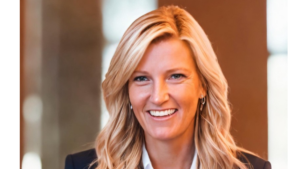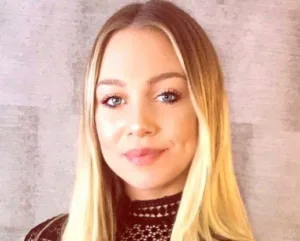Just a few short years ago influencer marketing was on every CMO’s agenda yet now many believe it tarnished or at the very least it has failed to live up to its initial hype.
CMOs, consultants and agency executives were put on the spot on day one of The 99//Club Digital Festival, each tasked to speak for just 99 seconds on an aspect of influencer marketing or social media they felt passionate about and then be quizzed on their stance.
Scandals, such as celebs not aligning with the values of a brand or clearly shilling for the sale, have undermined confidence in parts of the industry. Several speakers also thought metrics were too generally tuned to short-term sales success rather than tied to broader business KPIs or the brand over the longer term. Others argued that successful influencer strategies were evolving into ever more sophisticated, nuanced and niche areas.
Shifty-eyed puppets?
Yet, as Emma Martell, Head of Social Content of Avanti (formerly Virgin Trains) suggested: isn’t it our own fault?
“When we treat influencers like their own channel, they cease to be real humans,” she said. “We end up with an army of ventriloquist dummies robotically pushing out scripted messages… Do you really want your brand represented by a shifty-eyed puppet with a hand up its backside?”
Lauren Spearman, Head of Brand Advocacy at Made.com believed part of the problem was a misunderstanding of the meaning of influence and the definition of influencers in this space. She said influence was too often confused with someone with lots of followers on social media. “Are they popular? Perhaps – but that doesn’t necessarily mean they carry influence”.
People trust people, she said, particularly those with credibility and expertise that can share brand messages in their own ways – those who you either personally know, perhaps, or the storytellers, artisans and creatives who were experts in their areas. “When I talk about the potential for your best influencers being closer to home than you think that of course should start with you, and your employees.”
Passionate about the mission ahead
More niche, more “human” influencers were also helping drive the social strategies of brands speaking at the festival, including natural energy drink Tenzing, Mahabis and WW, formerly known as Weight Watchers.
WW CMO Tony Miller says its 99 ‘ambassadors’ have a combined social following of 750,000 in the UK. “The common thread each of our ambassadors share is they’re passionate about our mission. We believe they have the ability to inspire healthy habits with their own communities.”
He said that during lockdown these ambassadors had become more important than ever as people struggled to control their snacking or drinking, for instance. Wellness, as opposed to simply weight loss, would become a bigger trend post-Covid, he believed.
Being social – and socially responsible
The pandemic was top of mind for many of the speakers and the question-asking audiences. Many believed that, despite the initial panic, it, and social movements such as #BlackLivesMatter, #MeToo, equality, the environment and living a better life could give brands with values opportunities to connect with people rather than consumers and accelerate marketing transformation.
“Be kind,” urged Olly Rzysko, CMO of Mahabis, calling out the increasingly divisive nature of some social media platforms, particularly around binary, emotive issues.
“Everyone’s having different experiences. Some of us good, some of us bad. That doesn’t mean that we’ve got to be horrible. It means that we can go out there and be really positive… The reward for brands might not be in the share price tomorrow, but the fact that your business will still be here in 20 years’ time.”
A hopeful future?
Martell was, ultimately, hopeful for the future of the industry: “Luckily, influencers are a creative bunch. We need to start telling them our business problems, not just how we want them solved. With a little trust together, we can restore everyone’s faith in influencer marketing.”
Influence can be – and still is – a powerful thing, which when used well can deliver great returns. Think only of multi-million pound footballer Marcus Rashford’s campaign this week to force the government to U-turn on a cause he truly believed in. “I don’t even know what to say,” he later tweeted. “Just look at what we can do when we come together, THIS is England in 2020.” Advertisers, take note.
The week-long invite-only festival is a collaboration between MAD//Fest and New Digital Age, and follows a successful 99 Club event held earlier this year before lockdown. Over the course of five days 99 speakers are debating topics across themes including media and tech, customer experience and personalisation, brand experience and creativity and innovation for growth.
Speakers on the agenda for day two included: Seb Bardin, Unilever’s global head of acquisition and marketing; Jerry Daykin, EMEA media director, GSK; Valentina Torrusio, CEE data and productivity connections manager, The Coca-Cola Company; Peter Markey TSB CMO and Lara Izlan, ITV director of advertising, data and analytics.









